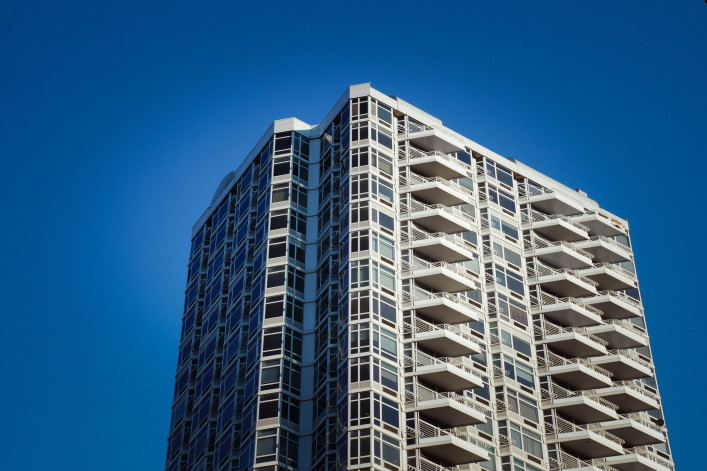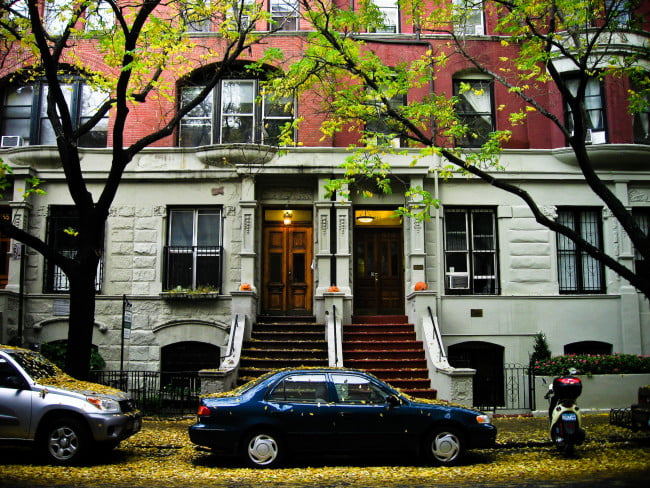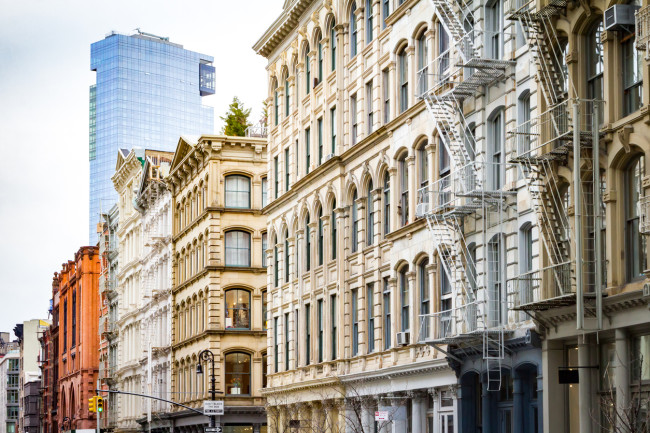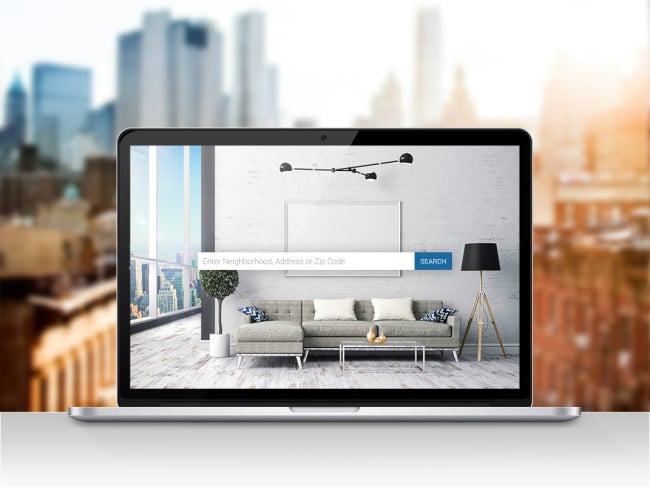How can I get a mortgage in NYC as a foreign investor?
I'm a British citizen and I want to invest in New York City real estate from overseas. What's the best way for me to proceed? How can I get a mortgage as an international investor?
You do face restrictions that domestic buyers do not, but it's certainly possible for a foreign national to get a mortgage for an investment property in the U.S., according to our experts.
Not all banks will lend to foreign investors, but for the ones that do, the procedure is similar to what American buyers go through.
"Once you speak to them and go through their process of pre-approval, you will be ready to sign a contract on a property when you find one you like," says Deanna Kory, a broker with Corcoran.
That said, you do face some additional hurdles. Jordan Roth, vice president of GuardHill Financial, which specializes in lending to foreign nationals, explains that you have quite a bit of paperwork ahead of you.
"For a British citizen, a lender would want to see documents of income, whether you're self-employed or have the equivalent of W-2 income," he says. "They'd want to see your assets and bank statements, and what other properties you may own, including your primary residence."
Another challenge is the fact that as a foreigner, you probably have no credit history in the United States, ordinarily a significant factor in getting approved for a mortgage. As such, a lender might request letters of good standing from financial institutions instead, as well as a track record of rent, utility, or mortgage payments.
After getting all your financial information to a mortgage expert, Roth says, "We can fully vet it and discuss what your purchasing power is based on income, assets, and credit. Based on guidelines associated with foreign nationals, we'd determine your down payment and the rate structure and terms of the loan, and figure out what your purchasing power is and what your target price range should be."
Note that it will be far easier for you to purchase a condo than a co-op, because the latter often requires buyers to provide financial information that foreign nationals don't have, like past tax returns. Many co-op boards also prefer that you be a full-time resident rather than an overseas investor.
That said, it's not impossible.
"Co-ops are autonomous, so I wouldn't rule it out entirely, but each has its own bylaws and guidelines," Roth says. "I would say the majority of co-ops would pass on a foreign national."
Condos tend to be way more flexible, so that's likely where you'd want to focus your search. The biggest obstacle of all, though, may be the same one that troubles New York-based buyers: the down payment. Already high for domestic buyers, given that the median sales price of a Manhattan apartment is $1.06 million, it could be even higher for you. Roth says that foreign nationals should plan on putting down 30 to 40 percent, versus the typical 20 for Americans.
"It's more because there's more concern with a foreign national versus a U.S. citizen, green card holder, or visa holder because that individual can stop paying the mortgage and there's very little recourse," he explains. "There's a premium built in so if that were to occur and a lender had to take over the property, they wouldn't have to sell it at a loss."
Trouble at home? Get your NYC apartment-dweller questions answered by an expert. Send your questions to [email protected].
For more Ask an Expert questions and answers, click here.
You Might Also Like






























